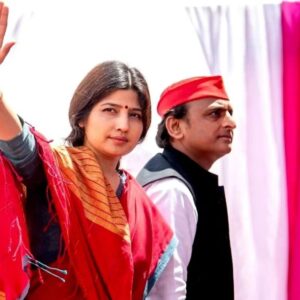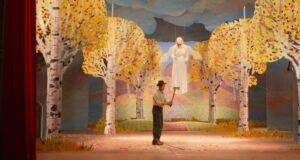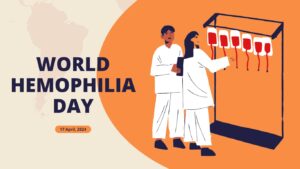W.H.Davis, the English poet, immortalized how fast-paced our lives had become in his poem Leisure. He asked
“What is this life if, full of care,
We have no time to stand and stare.
No time to see, when woods we pass,
Where squirrels hide their nuts in grass.”
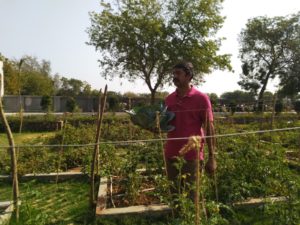
That’s the thought that had crossed veteran journalist Hitarth Pandya’s mind many times as he continued the drudgery of office life. After reaching the peak of his career in journalism, and then public relations, he suddenly realized — because of the long and very odd working hours, he had not seen the sunset since a week though he was an avid nature lover.
This is what inspired him to quit his job and start something to save the environment. Hitarth Pandya, left his comfortable office job and bravely started the crusade to save the planet.
That’s how he started KEDI (Kids for the Environmental Development Initiative) in St Kabir School in Vadodara in December 2015. For his pilot project, he aimed at least educating 90 kids from grade 4 to grade 7 about taking care of the environment.
In this generation of instant gratification through the internet, he thought the best way to talk about nature was watching something grow. That’s how the idea of a vegetable farm for KEDI came about. Kids from grades 4 to 7 were taught to choose the soil, plant trees, take care of irrigation and learning about pesticides through vegetable farming.
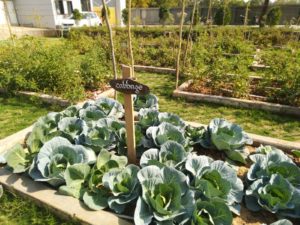
And now cut to 2019, there are 900 children participating in KEDI from all the three branches of St Kabir School. Pandya and his wife, Kruti, and their employee Gopal also host a ‘Harvesting Day’ once a year where the children cook the vegetables they have grown.
Pandya says he hires boys like Gopal from nearby villages who come from strong farming backgrounds. Pandya says, “Most villages near Vadodara have a lot of farmers who run to the city to make more money. I try and employee such people who are passionate about farming. This way they get to do what they love and earn a proper living out of it.”
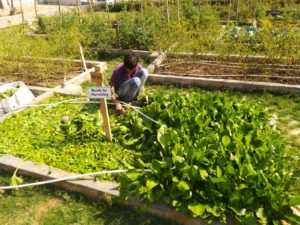
Pandya recalls this one incident with the students that is etched in his memory.
“I wanted the students to use natural manure instead of chemical fertilizer, so we were going to use cow manure. These were 4th standard students, and I didn’t think that they would want to do it. When I asked them to pick up the manure and fertilize the vegetable garden with it, they happily did. But they were horrified to find bits of plastic pieces like packets of Vimal gutka, a plastic bag, and even a coke tin can in the manure. This meant that cows had ingested all that plastic waste we had thrown away. The kids from then on became more aware of littering and even urged their parents not to use too many plastic bags at home.”
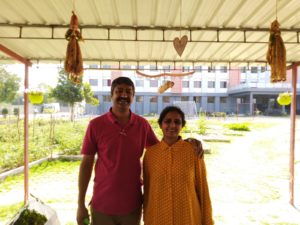
For Pandya, the quest towards environmental awareness is a slow and gradual process. That’s why he decided to teach kids how to take care of the environment instead of giving lectures or putting up social media awareness posts instead. “The kids also learn economics and marketing along with farming. We let them see the price of the crop they are seeing at various places across the city, then we let them decide the price and market the vegetables they have grown themselves.”
Pandya hopes to expand the process and educate around 2000 kids in the next few years.


